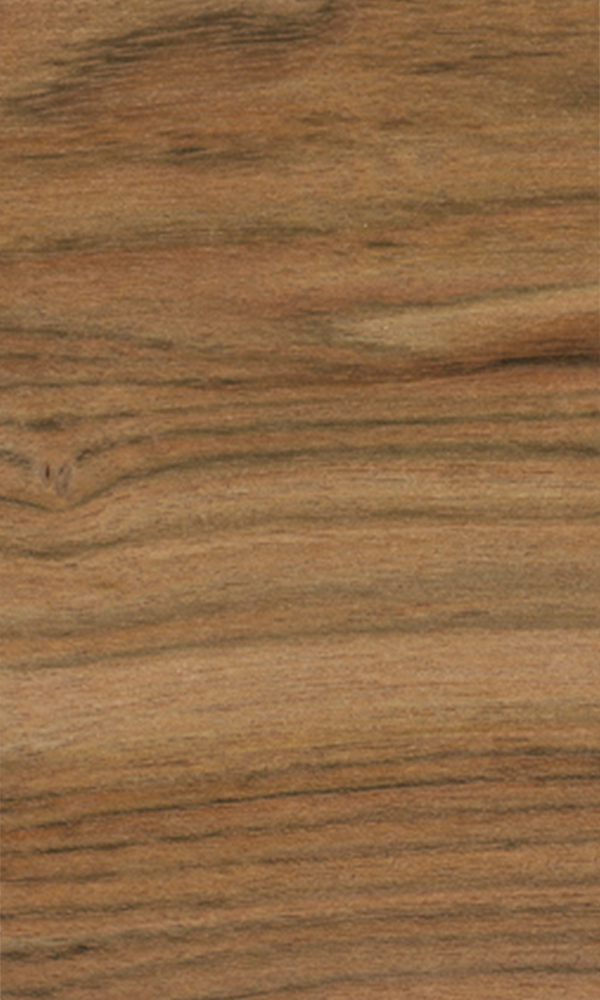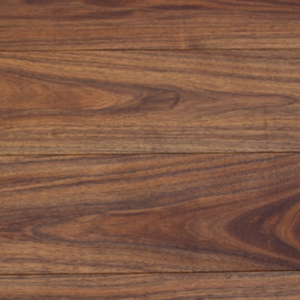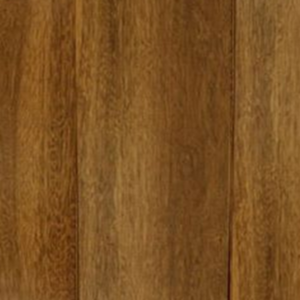- Common Name(s):Chechen negro , black poisonwood, Caribbean rosewood
- Scientific Name:Metopium brownei
- Distribution:Dominican Republic, Cuba, Jamaica, Guatemala, Belize, and southeastern Mexico
- Tree Size:50-115 ft (15-35 m)tall, 3-5 ft (1-1.5 m) trunk diameter
- Average Dried Weight:55.0 lbs/ft3(880 kg/m3)
- Specific Gravity (Basic, 12% MC):0.78, 0.88
- Janka Hardness:2,400 lbf(10,670 N
- Modulus of Rupture:13,490 lbf/in2(93.0 MPa)
- Elastic Modulus:2,253,000 lbf/in2(15.53 GPa)
- Crushing Strength:8,270 lbf/in2(57.0 MPa)
- Shrinkage:Radial: 3.8%, Tangential: 6.8%,
- Volumetric: 10.6%, T/R Ratio: 1.6
Caribbean Rosewood / Chechén Negro
Another alternate name, black poisonwood, comes from its toxic sap, which turns black and causes severe skin reactions similar to poison ivy. Both species are classified in the Anacardiaceae(cashew) family—a family containing many allergenic or otherwise harmful species. However, the wood itself is safe to handle, though there are some allergenic reactions associated with the wood dust.
| Color/Appearance | Heartwood color is highly varied, with red, orange, and brown contrasted with darker stripes of blackish brown. Color tends to shift to a darker reddish brown with age. Well defined sapwood is a pale yellow |
|---|---|
| Grain/Texture | Grain is usually straight, but may be wild or interlocked. With a uniform medium to fine texture and good natural luster. |
| Rot Resistance | Rated as being very durable, and moderately resistant to most insect attacks. |
| Workability | Fairly easy to work, but tearout may occur when machining pieces with interlocked grain. Glues and finishes well, though because of its density and tendency to split, nails and screws should be pre-bored. |
| Odor | No characteristic odor. |
| Allergies/Toxicity | Although severe reactions are quite uncommon, chechen has been reported as a sensitizer. Usually most common reactions simply include eye and skin irritation. |
| Pricing/Availability | Generally available as lumber, though turning blanks and thin craft lumber is also sold. Chechen is touted as a low-cost substitute for more expensive tropical woods, and prices should be moderate for an imported hardwood. |
| Sustainability | This wood species is not listed in the CITES Appendices or on the IUCN Red List of Threatened Species. |
| Common Uses | Veneer, furniture, cabinetry, flooring, turned objects, and small specialty wood items. |
| Comments | Because of its density, natural luster, and beautiful coloration, chechen is sometimes referred to as Caribbean rosewood, though it is not a true rosewood in the Dalbergia genus. However, this alternate common name is understandable given the (totally unrelated) negative connotations that the name “Chechen” received in the mid 1990s in Eastern Europe. |




Reviews
There are no reviews yet.